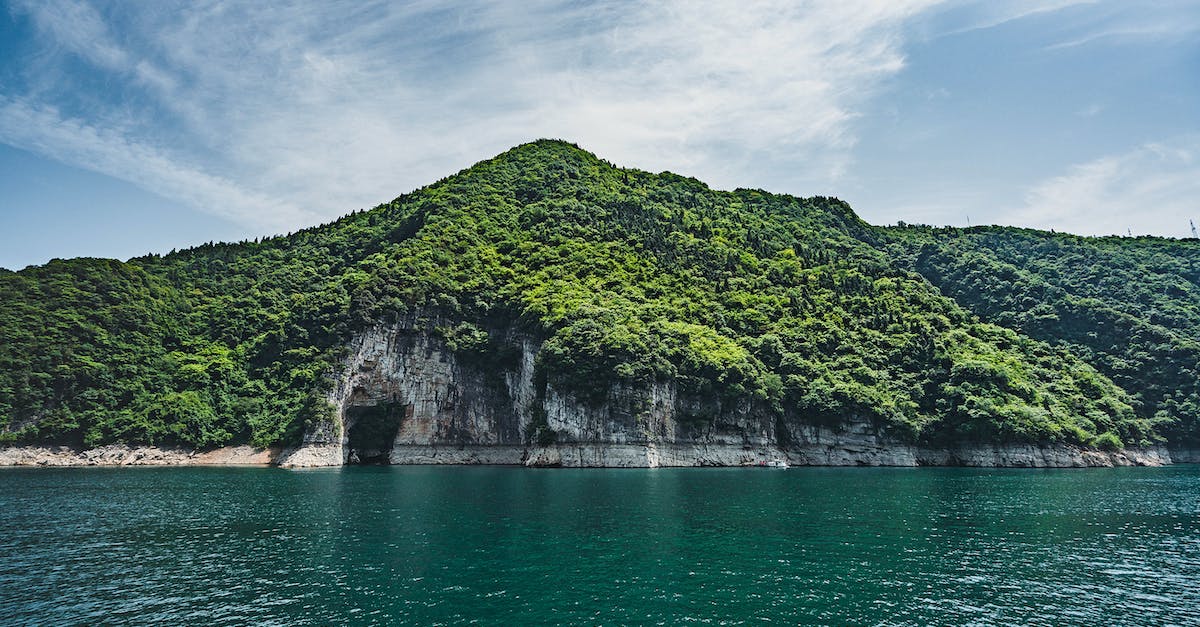The current developments in the ongoing dispute between China and Japan about a collection of islands in the East China Sea, recognized as the Diaoyu in China and The Senkaku in Japan are trigger for concern to overseas observers. The tensions continue despite ongoing discussions between the two countries. The islands in dispute were the subject of discussion with Qin Gang, China’s overseas minister, and Yoshimasa Haashi who is Japan’s counterpart. Both sides voiced worries. The official from China urged Japan to finish “right-wing provocations”. Since the starting of time, tensions have been high between Japan and China in relation to worries over the East China Sea islands
. 1. Which one of these islands lies in the East China Sea and what do they mean?
Since the starting of time for a long time, the East China Sea has been an problem with Japan and China. The dispute centers on a group of uninhabited islands called”the “Senkaku Islands” in Japan as good as the “Diaoyu Islands” located in China. Both sides declare the islands, located within the East China Sea between them. Both countries have long had claims to these islands and the water surrounding the islands. But, it’s not sure who has this territory, or what their boundaries of the territory are. The battle has become extra heated since each nation adopts aggressive actions to protect their declare over the final few years
. 2. Who owns the East China Sea islets?
The current information regarding issues with the East China Sea islands dispute between Japan, China is a indicator of an ongoing geopolitical struggle. Both Japan as good as China assert sovereignty over the islets that lie within the East China Sea. They are strategic to the two nation and have been in dispute for a long time, even before the finish the second half of World War II. Japan believes that the islands are an integral aspect of its territorial boundaries, and has sought to assert its sovereignty over the islands. China is on the other side, claims that they are part of its territory from the starting and sought to assert its sovereignty. This has led to an array of provocative moves from the two sides, including Japan’s current calls for for China stop its “right-wing” provocation
. three. What exchanged of ideas took place that took place between Qin Gang, China’s overseas minister with Yoshimasa Yamasaki, the Japanese colleague on Thursday?
Qin Gang, the Chinese overseas minister, and Yoshimasa Hayashi (his Japanese counterpart) discussed current developments regarding China’s request for Japan to finish “right-wing provocations” in the East China Sea Islands. The Minister Qin Gang voiced concern over Japan’s provocations. These were seen by Japan as attempts to declare their territorial claims to the islands. Minister Hayashi In turn, Minister Hayashi was capable to assure Secretary Qin that Japan stood firm in its dedication to sustaining the status quo and respectful of China’s position on the matter. The Foreign Ministers of the two countries discussed the need for the two countries to cooperating to preserve peace and security in the region
. 4. Qin is hoping that Japan will stop doing what it is currently doing
. China is requesting that Japan put an finish to all “right-wing provocations” in the East China Sea Islands. Wang Yi, the Chinese overseas minister, has requested Japan not to take action in response. China says that the Japanese administration has engaged into provocative conduct in the region, such that it has despatched authorities vessels as good as aircrafts to islands, visiting the islands without permission, and conducting military drills in the vicinity. Secretary Wang Yi has asserted that these actions are detrimental to peace and stability in the sector as good as that China’s request is in line with the principles of international law
. A Brief Summary
The tensions are carrying on with to grow in the sector between China and Japan in the battle over the East China Sea islands, it is vital for all sides to preserve an open dialog for the sake of guaranteeing that the resolution of cross-strait issues stays free from coercion or violence. Each kingdom must stay dedicated to discovering a resolution that takes into account the wants and desires of the two parties and enable the disagreements to be addressed without resorting to confrontation or violence
.



